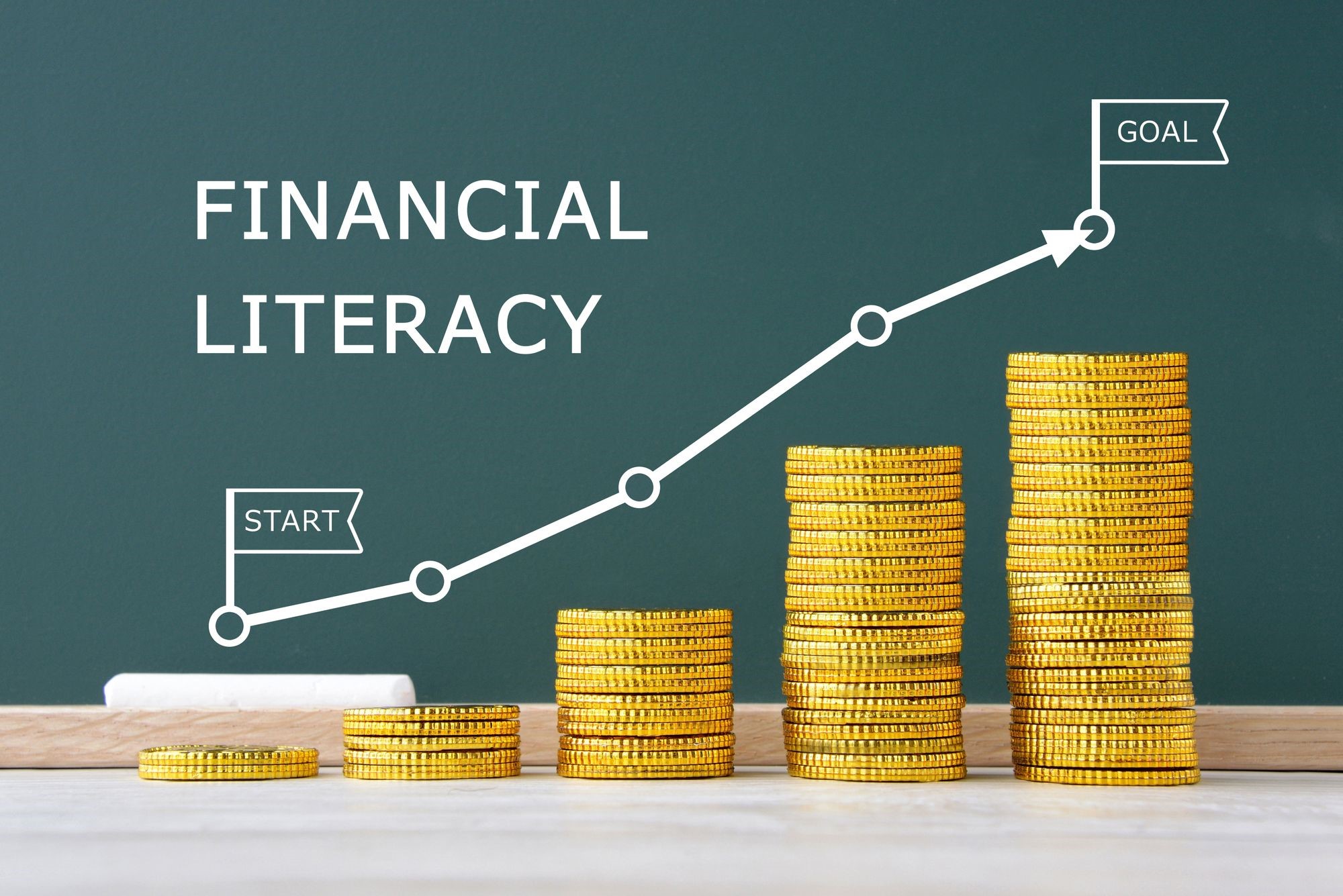Financial literacy is a crucial life skill that everyone should possess. It equips individuals with the knowledge and tools necessary to make informed and effective decisions regarding their personal finances. Despite its importance, financial literacy is often overlooked in traditional education systems, leaving many people unprepared to navigate the complexities of managing money. This blog aims to shed light on what financial literacy is, why it’s important, and how you can enhance your financial knowledge and skills.
What is Financial Literacy?
Financial literacy is the ability to understand and use various financial skills, including personal financial management, budgeting, and investing. It encompasses a range of topics such as understanding how money works, how to manage and invest it, and how to make sound financial decisions. Financial literacy involves being able to read financial statements, understand the implications of various financial decisions, and be aware of the potential risks and benefits associated with different financial products and services.
Why is Financial Literacy Important?
- Empowerment: Financial literacy empowers individuals to make informed decisions. It provides the knowledge to evaluate financial products and services, understand terms and conditions, and choose what best suits their needs.
- Financial Stability: By understanding how to manage money effectively, individuals can achieve financial stability. This includes knowing how to budget, save, invest, and avoid excessive debt, leading to a more secure financial future.
- Avoiding Debt: A key component of financial literacy is understanding debt and how to manage it. Being financially literate helps individuals avoid high-interest debt and make informed decisions about borrowing.
- Retirement Planning: Financial literacy is essential for effective retirement planning. Understanding how to save and invest for the future ensures that individuals can maintain their standard of living in retirement.
- Economic Participation: Financially literate individuals are better equipped to participate in the economy, whether through investments, starting a business, or simply making informed consumer choices.
Core Components of Financial Literacy
- Budgeting: Creating and maintaining a budget is fundamental to financial literacy. A budget helps track income and expenses, ensuring that spending does not exceed income.
- Saving: Understanding the importance of saving and how to do it effectively is crucial. This includes setting up an emergency fund and saving for short-term and long-term goals.
- Investing: Basic knowledge of investment principles, such as risk and return, diversification, and the different types of investment products (stocks, bonds, mutual funds, etc.), is vital for growing wealth over time.
- Debt Management: Knowing how to manage debt, including understanding interest rates, repayment terms, and strategies to pay off debt efficiently, is an important aspect of financial literacy.
- Credit: Understanding how credit works, including credit scores and reports, and the impact of credit on financial opportunities, helps individuals maintain good credit health.
Tips to Improve Your Financial Literacy
- Educate Yourself: Take advantage of the many resources available, such as books, online courses, and workshops on personal finance. Websites like Investopedia, Khan Academy, and financial blogs offer valuable information.
- Practice Budgeting: Start by tracking your income and expenses for a few months. Use this data to create a realistic budget that helps you manage your money effectively.
- Save Regularly: Set up automatic transfers to your savings account. Even small, regular contributions can add up over time.
- Learn About Investing: Start with the basics and gradually expand your knowledge. Consider speaking with a financial advisor to get personalized advice.
- Manage Debt Wisely: Avoid taking on unnecessary debt. If you have existing debt, develop a plan to pay it off as quickly as possible.
- Monitor Your Credit: Regularly check your credit report to ensure accuracy and take steps to improve your credit score if needed.
Financial literacy is an essential skill that can significantly impact your quality of life. By taking steps to improve your financial knowledge and skills, you can make better financial decisions, achieve greater financial stability, and secure a more prosperous future. Remember, it’s never too late to start learning about personal finance and making positive changes to your financial habits. Start today, and take control of your financial future.

